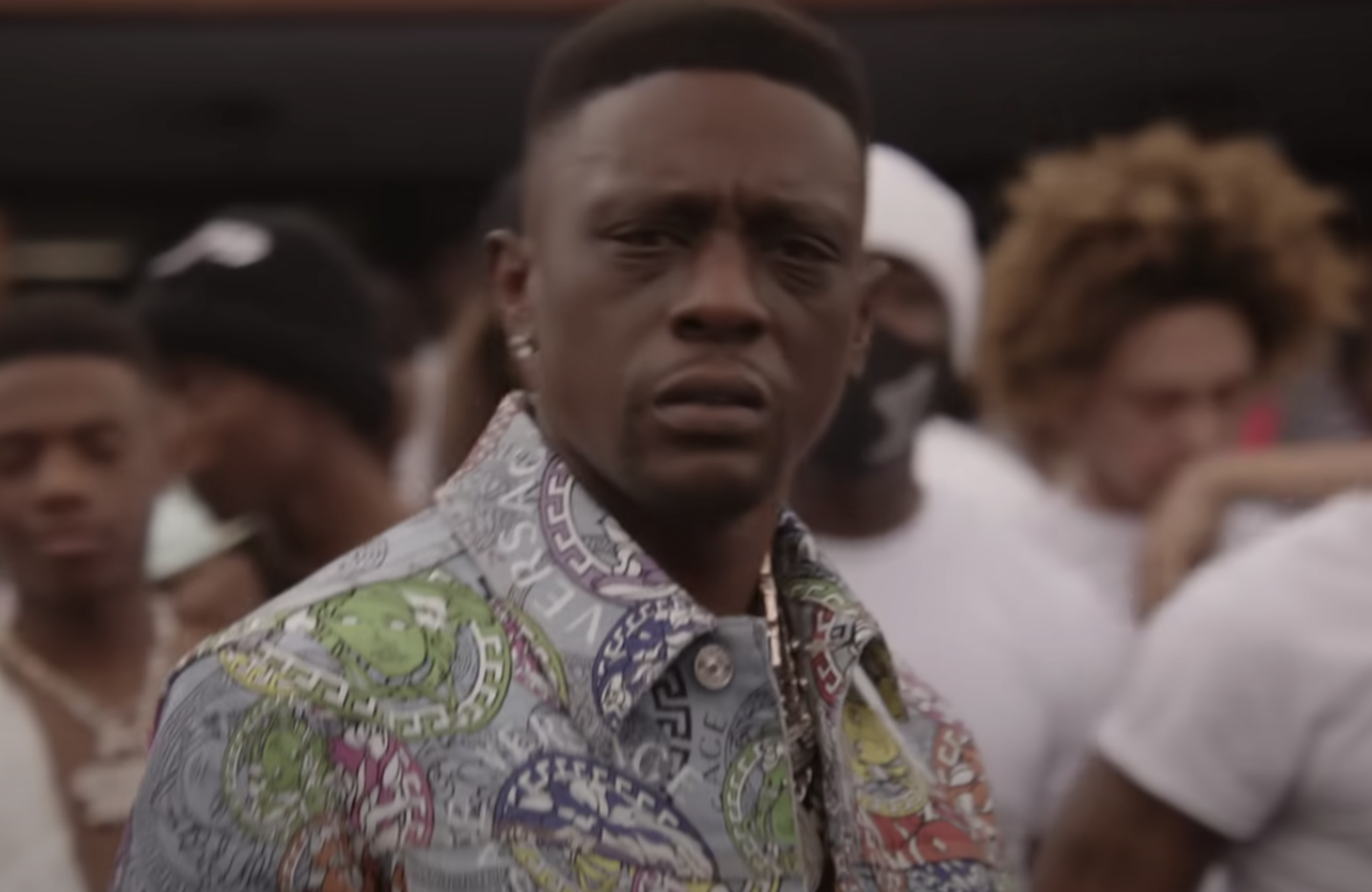Products You May Like
In a recent turn of events, Poison Ivi, the daughter of rapper Boosie Badazz, has taken to social media to address her father’s controversial comments regarding her sexuality. During an episode of Yung Miami’s podcast “Caresha Please,” Boosie expressed that he has kept Ivi’s siblings away from her to prevent her sexuality from “contaminating” them.
The remarks sparked widespread reactions online, prompting Ivi to voice her feelings. Sharing her thoughts in a heartfelt clip, she emphasized the strong bond she shares with her siblings, noting that they often seek her for support when facing difficulties with their father. Despite the harsh words spoken by Boosie, Ivi expressed her unwavering loyalty to him, highlighting the complex dynamics of their relationship.
“Even though you’ve said hurtful things to me that I’ve forgiven, it feels like you’re always out to bash me,” she declared with an emotional intensity. “No matter what, I’ve always stood by you as your daughter. I’m fed up with the negativity directed towards me.” Ivi’s message captures the struggle of navigating family relationships amid conflicting perspectives, especially regarding issues of identity and acceptance.
In the social media sphere, many users rallied behind Ivi, criticizing Boosie for his outdated and intolerant views. One comment read, “You sound more ignorant by the day, worrying about the wrong things instead of addressing more significant issues.” This backlash reflects a growing societal understanding and acceptance of diverse identities, in stark contrast to the views expressed by the veteran rapper.
Boosie BadAzz, born Torence Hatch Jr., has made a name for himself in the music industry since the late ’90s, launching into stardom with a solo career that showcases his contributions to Southern hip-hop. Known for his candid and often controversial opinions, Boosie’s comments around his daughter’s sexuality have ignited discussions around generational and ideological divides on LGBTQ+ issues within families.
The divide between father and daughter highlights a common struggle faced by many families: the clash of traditional views with modern perspectives on identity. While Ivi stands firm in her identity and her relationship with her siblings, Boosie’s statements suggest a reluctance to embrace that same acceptance, raising questions about parental roles and responsibilities in fostering a supportive home environment.
As Ivi’s story unfolds, it brings to light the need for open dialogues regarding acceptance and understanding in families, especially when generational differences cause rifts. Her boldness in speaking up serves as a reminder of the strength found in vulnerability and the importance of unconditional love despite challenges. The public response to this situation signifies an important shift toward greater acceptance and support for individuals navigating their identities, fostering a culture of understanding over fear.
Indeed, this incident not only involves the personal dynamic of a father and daughter but also resonates with broader societal conversations about acceptance and the ongoing journey toward inclusivity for all individuals, regardless of their background or identity.
